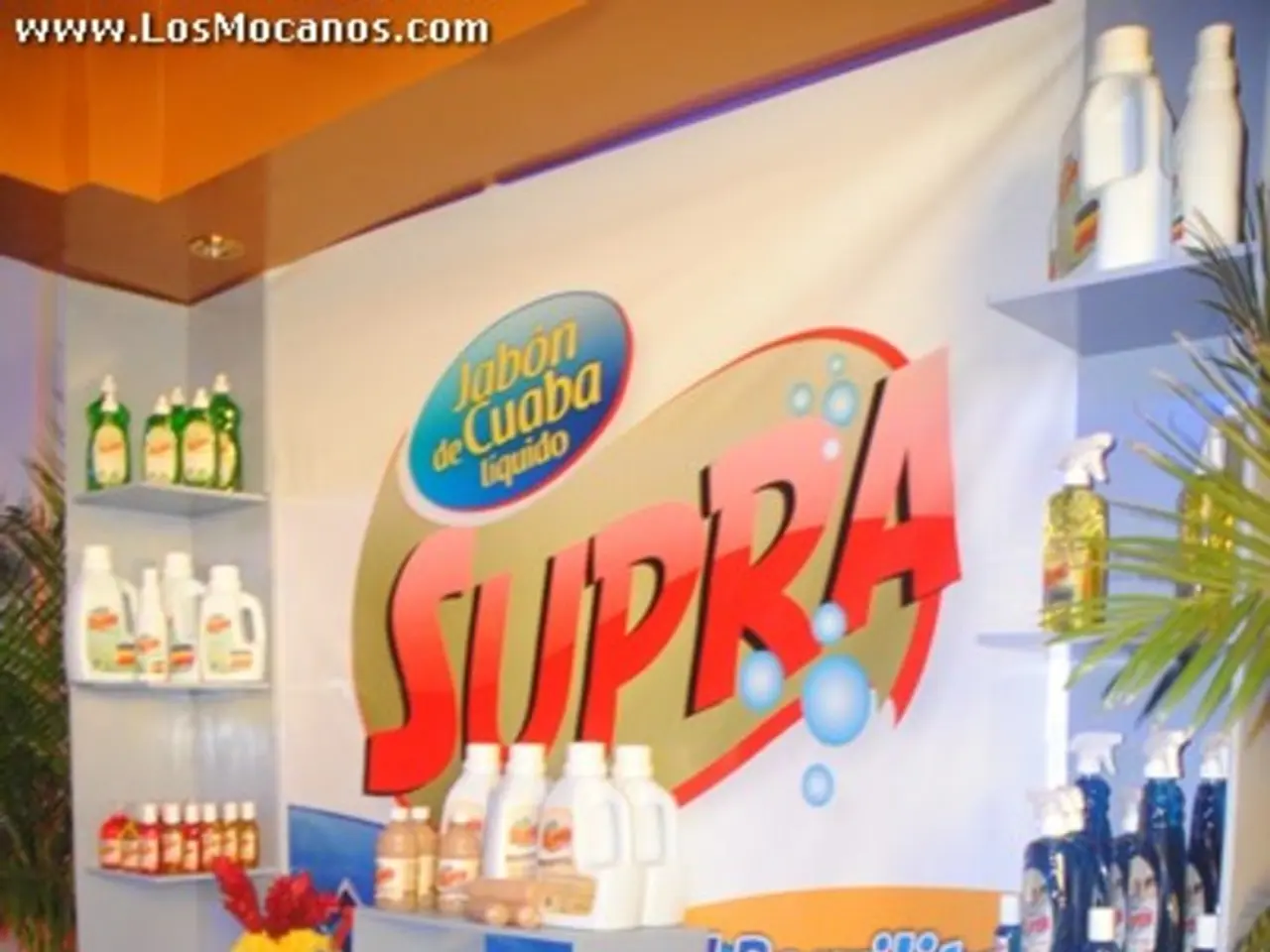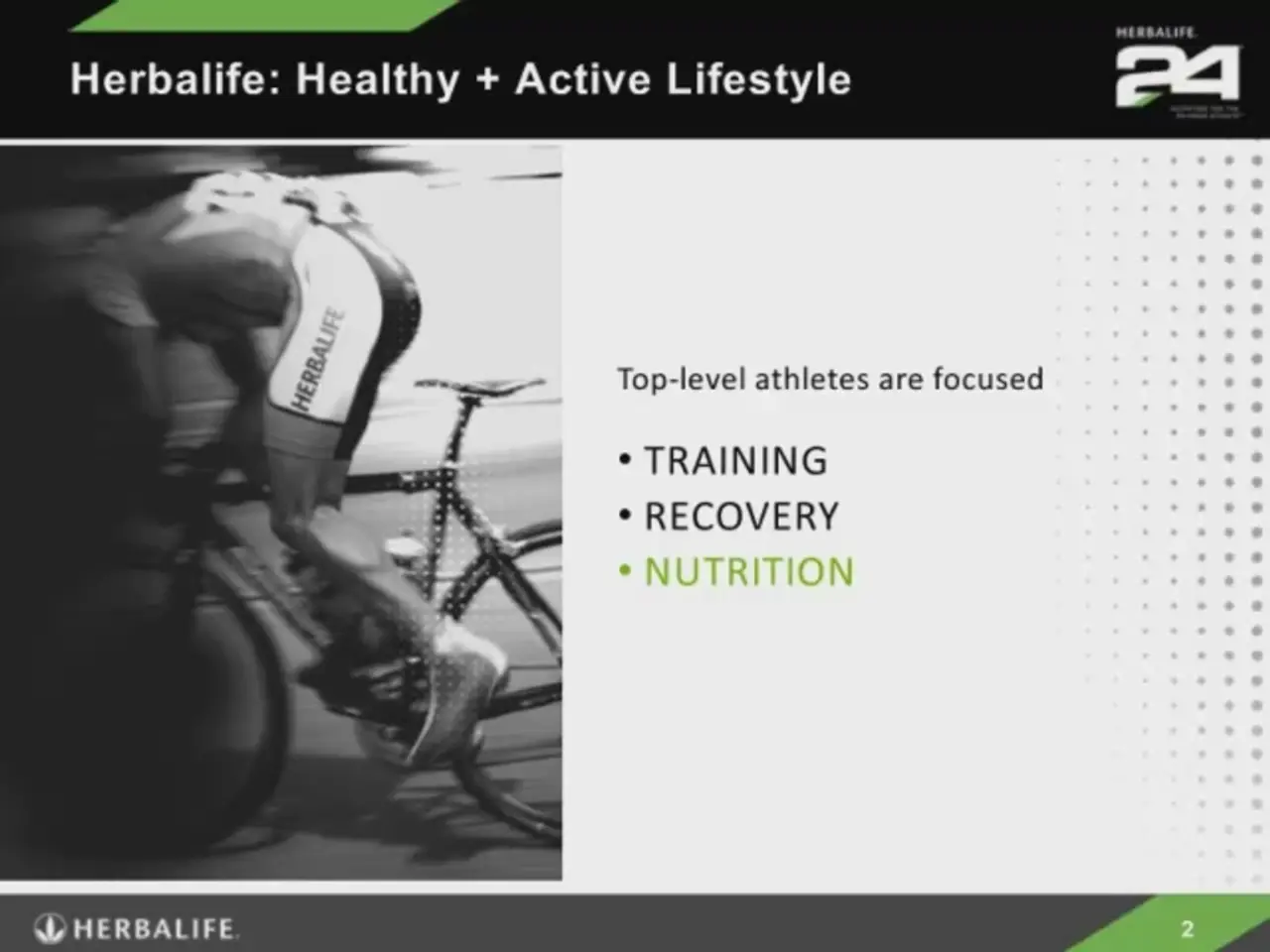Market shaken as consumer trust plunges amidst counterfeit dilemma
Vietnam's Fast-Moving Consumer Goods (FMCG) Market Faces Challenges Amid Growth
Vietnam's FMCG market is experiencing a period of rapid expansion, driven by urbanization, a rising middle class, and increasing per capita income. However, the market is also facing challenges related to declining consumer confidence and government crackdowns on counterfeit goods.
According to a report by Kantar Worldpanel Vietnam, the FMCG sector continues to grow strongly, despite some decline in consumer confidence. The report highlights the impact of the government's crackdown on counterfeit goods and low-quality food products on consumer confidence and spending patterns in the market.
One of the key trends in the market is the shift towards modern retail channels, such as supermarkets, convenience stores, and digital platforms. There is a notable structural shift from traditional trade to modern retail channels, where both local and international brands compete vigorously.
Another trend is the acceleration of digital and e-commerce. There is a significant surge in online FMCG sales, with platforms like TikTok Shop and Shopee seeing impressive growth. Young consumers, in particular, prefer purchasing food and essentials online. Retailers like Saigon Co.op are investing heavily in digital transformation to meet these evolving behaviors, enhancing user experience, personalized shopping, and integrating online-to-offline services.
The shift in consumer behavior will redefine value-consciousness, moving beyond just price to include quality, safety, and brand reliability. Due to government efforts to crack down on counterfeit goods, consumers increasingly gravitate toward reputable brands that offer quality assurance. Imported brands often win on image and perceived safety, while local brands dominate in pricing.
However, the market is not without its challenges. With rising costs, consumers in Vietnam are likely to focus on essentials, prioritizing necessary consumer goods over discretionary items, leading to more intentional spending. The government crackdown on counterfeit goods necessitates tighter quality controls, certification, local registration, and compliance with retail-specific packaging, increasing operational complexity and costs for manufacturers and distributors, especially international entrants.
The competitive battleground remains highly competitive with many local and international players vying for market share. The need for effective distributor partnerships covering modern and general trade channels, as well as aggressive sampling and promotions, is critical to success.
Despite these challenges, the FMCG market in Vietnam remains resilient amid economic uncertainty, giving hope to investors to expand their portfolios. Companies that invest in brand credibility and compliance with regulations such as Ministry of Health (MOH) registration and local labeling requirements are well-positioned to succeed in the market.
In summary, while Vietnam's FMCG market is poised for robust growth aided by urbanization, rising incomes, and digital commerce, it faces real challenges from cautious consumers and regulatory crackdowns on counterfeit goods, driving trends toward quality assurance, modern retail adoption, and digital innovation.
[1] Kantar Worldpanel Vietnam, "Impact on the FMCG Market and Consumer Confidence in Vietnam", 5 February 2025. [2] Worldpanel by Numerator, "The Impact of the Government's Crackdown on Consumer Confidence and Spending Patterns in the FMCG Market in Vietnam", 15 March 2025. [3] Masan Group Corporation, "Steady Performance Across Business Segments", Press Release, 1 June 2025. [4] Saigon Co.op, "Investing in Digital Transformation", Press Release, 15 May 2025. [5] TikTok Shop, "167% Growth in FMCG Sales", Press Release, 1 June 2025. [6] Shopee, "20% Growth in FMCG Sales", Press Release, 15 May 2025.
[1] The shift towards modern retail channels in the FMCG market has fostered a vigorous competition between local and international brands, but the accelerating digital and e-commerce trends have also influenced the purchasing behavior of young consumers, who prefer buying food and essentials online.
[2] Despite the government's efforts to combat counterfeit goods and low-quality food products, consumers increasingly turn to reputable brands that offer quality assurance, with imported brands often winning on image and perceived safety, while local brands dominate in pricing.






